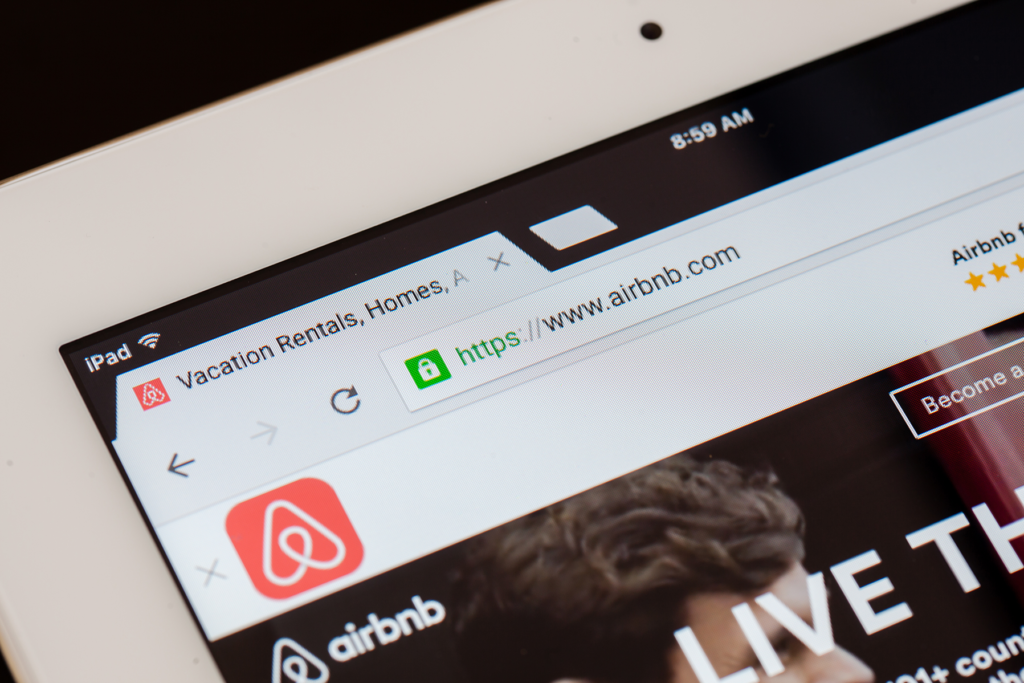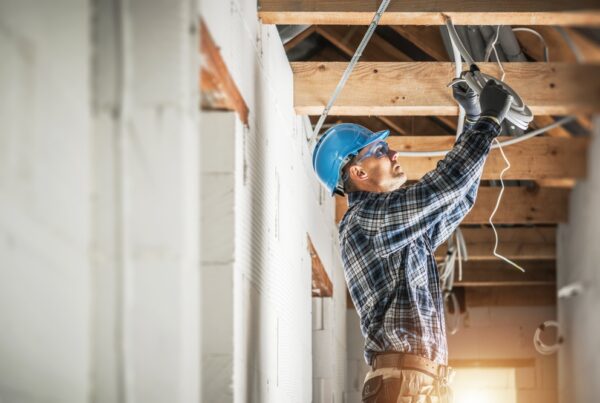Worldwide: Simon Lehmann, co-founder and CEO of boutique advisory firm AJL Atelier, discusses how short-term rental property managers can “clean up” in the year ahead if they learn from operational and supply mistakes from the pandemic.

This year is going to be challenging for the short-term rental market, but some managers could clean up in 2024 if they stop burying their heads in the sand.
I see dangerous complacency in the face of an economic slowdown, which is made even more acute because many property managers just don’t want to talk about recession.
The way people in the industry keep talking about growth in the face of an economic downturn tells me that some people are not being entirely honest with themselves. Occupancies are softening and, whether the conditions for technical recessions are met or not, there’s one happening in the short-term rental industry right now. Huge numbers of rentals are vanishing and it’s only going to continue because this tougher interest rate environment isn’t going away.
People need to face up to this but, instead, lots of operators and managers just seem to be sleepwalking into a crisis and threatening to make all the same mistakes they made when the pandemic hit.
I’ve been speaking to operators who are already reducing revenue forecasts for Q3 and Q4 this year. Those who are being realistic are predicting a return to 2019 levels of demand. That’s why property managers need to get ahead of this downturn, start talking about downsizing scenarios and leave the ‘hire and fire’ culture of the pandemic behind.

When things started to normalise after Covid, lots of property management businesses struggled to capitalise on the recovery because they’d let go of so many staff and found it hard to find them again. It was very short sighted. They couldn’t find cleaners in an industry where the biggest pain point is always cleanliness and when cleanliness was a hot topic.
It was the managers who looked after their staff who were able to ramp up once the pandemic eased. This is how operators should approach this slowdown, but they’ll only be able to protect staff if they find other operational efficiencies now and practise good financial hygiene, which means planning for longer than the next few months.
We’ve ended up here, in another slowdown, because the Airbnb crowd opportunistically pushed nightly rates up by 20 per cent to 50 per cent last year. This was completely unsustainable and fuelled a feeding frenzy in the investment market. Hosts were drawn in, having based their buying decisions on a range of false assumptions, leading to a situation where there was far too much supply in many areas – just as traveller budgets and demand began falling.
This has crushed yields in many areas, and lots of small operators and individual hosts want out. But this won’t just be in the form of sales, some just won’t think it’s worth their time any more. If giving their property to a professional manager for a 15 to 20 per cent fee effectively pays for itself because the manager can sweat that asset better than they can, a lot of them will opt for that. It’s this trend that could be a gift to the bigger operators who manage properties but don’t own them.
They could clean up in 2024 if they stop burying their heads in the sand, with distressed hosts answering one of the biggest problems they have — where to find new supply. It’s especially true for those managers with high density and all the synergies that brings but they’ve got to maintain the operational capacity this year to grow quickly next year.

Simon Lehmann, co-founder and CEO of AJL Atelier









